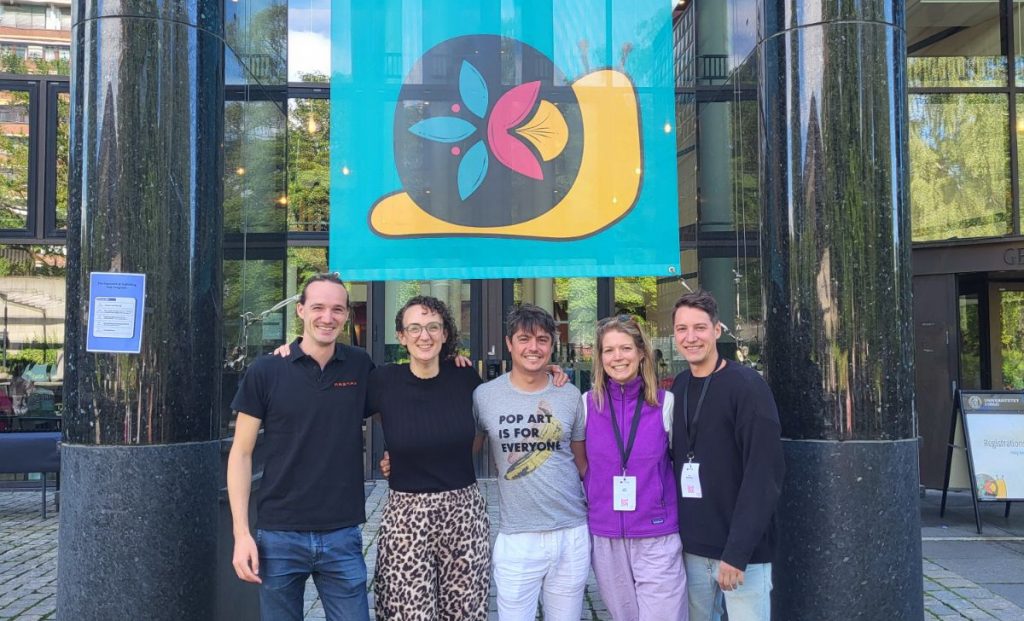Today, the European Parliament voted on the Critical Raw Materials Act, the Regulation proposed by the European Commission in March 2023. There were high hopes for MEPs to make significant improvements to the file, and a big win was achieved with binding recognition of Indigenous peoples rights. However overall, the adopted changes maintain a narrow emphasis on securing Europe’s high resource demand, funding new projects, and increasing exploration, both within the EU and abroad. A rushed timeline limited meaningful engagement for MEPs and stakeholders.
What’s new from today’s vote – our verdict
- We welcome that Strategic Projects will have to be assessed on the basis they abide by the principle of Free, Prior and Informed Consent of Indigenous peoples. This is a recognition of the fact that Indigenous peoples are disproportionately impacted by mining, with more than half of energy transition minerals projects worldwide located on or near Indigenous and peasant peoples’ lands. However, all community consent should be legally binding for new mining projects to truly ensure justice.
- We also appreciate wording to ‘mitigate the Union’s increase in demand of critical raw materials’ and for future EU research to include low raw material demand scenarios. However, this is not comprehensive enough without a binding material reduction target and measures to achieve it.
- Proposing aluminium as a strategic raw material raises questions. It doesn’t align with the Commission’s methodology, suggesting industry influence. Refer to our recent report for more details.
- A new list of secondary strategic raw materials, to be made by the European Commission, is proposed – the outcomes of this are yet unclear. There could be a danger that secondary raw materials projects are not, for example, considered potential Strategic Projects and gain financial and other support.
- No changes were made to weaken the dominant role of certification schemes – this is disappointing. Companies cannot be allowed to hide behind certification and these new EU laws to substitute the company’s responsibility as regards due diligence.
- Finally, worryingly, the amendment proposed to delete the mention of a Strategic Project being of ‘overriding public interest’ was not passed. Subsequently projects labelled as ‘overriding public interest’ may put at risk biodiversity and pose other environmental concerns. Exploration and extractive projects should never take place in protected areas, Natura2000 sites, the arctic, and the deep sea..
Meadhbh Bolger, resource justice campaigner at Friends of the Earth Europe said:
“The agreed laws ensure Indigenous peoples’ rights which is a huge positive, but broadly, community consent remains non-binding. That’s still a green light for the electric car industry’s rampant lithium mining. In the name of economic security, the EU is pushing reckless extraction around the globe to meet an unsustainable EU material demand, when we need it to champion demand reduction, binding due diligence and communities’ rights.”
Deeper analysis
Friends of the Earth Europe had investigated industry lobbying on the file, showing the enormous influence of industry and the multiple benefits they have obtained. We also analysed the proposed law text in detail and spelled out our demands.
Next steps
The Council (Member States) have already adopted their position, which means negotiations between the three EU institutions will start shortly to agree on a final Regulation.







